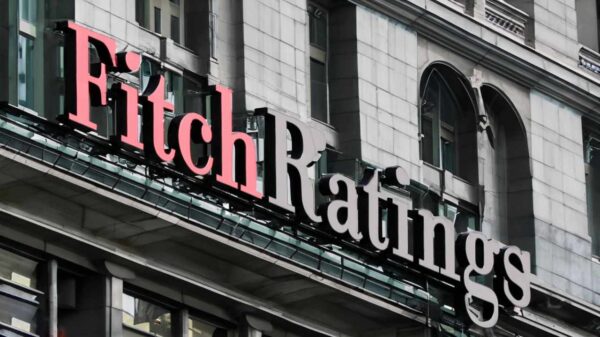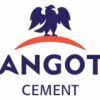One year after the classification and treatment of digital assets, the Securities and Exchange Commission (SEC) has released a set of new regulations guiding the issuance, exchange and custody of digital assets in Nigeria.
A digital asset is a digital token that represents assets such as a debt or equity claim on the issuer and the regulation lists digital asset actors include digital asset offering platforms (DAOPs), digital asset custodians (DACs), virtual assets service providers (VASPs), and digital assets exchange (DAX).
The Central Bank of Nigeria (CBN) in 2020, directed financial service providers to halt cryptocurrency transactions, but, in its new regulations, SEC mandates the registration of “the offering and sale of digital tokens that are considered securities. These rules shall apply to all issuers seeking to raise capital through digital asset offerings.
SEC said it would review applications within 30 days before determining whether the digital asset proposed to be offered constitutes a “security.”
“The commission may reject any application for registration of digital assets if, in its opinion, the proposed activity infringes public policy, is injurious to investors or violates any of the laws, rules and regulations implemented by the commission,” the regulator added.
The regulation provides that issuers may only raise funds within a limit of N10 billion. It, however, added that it could adjust the ceiling from time to time.
According to the regulation, SEC said it would accommodate digital assets offering platform (DAOP) — an electronic platform operated by a DAOP operator for offering digital assets — provided it tendered evidence of a minimum paid-up capital of N500 million and a current fidelity bond covering at least 25 per cent of the minimum paid-up capital.
Paid-up capital is the amount of money a company has received from shareholders in exchange for shares of stock while a fidelity bond is a type of insurance that protects against losses incurred by fraudulent acts carried out by employees.
The regulation requires applicants seeking to register a DAOP to pay N100,000 for the filing or application fee, N300,000 for the processing fee, N30 million for the registration fee, and N100,000 for sponsored individuals.
SEC’s new rules could help provide the needed regulatory lucidity for the scope of a digital asset or security.























































You must be logged in to post a comment Login